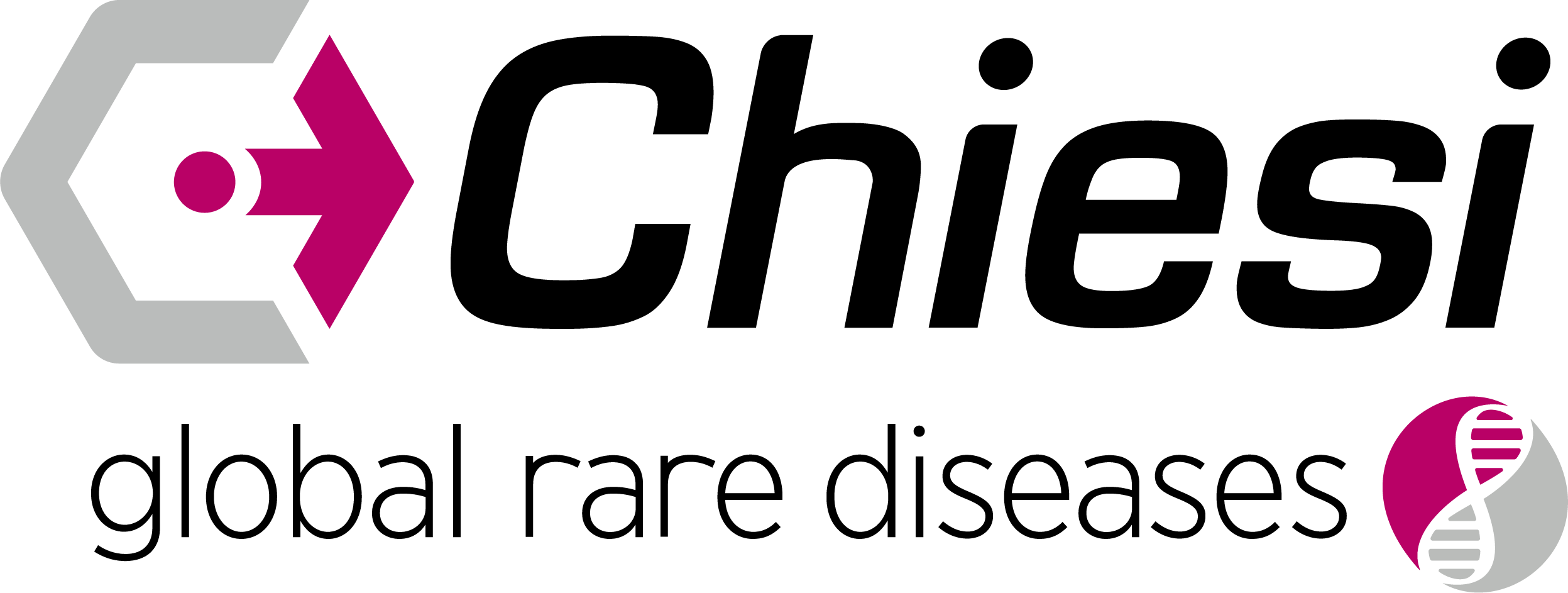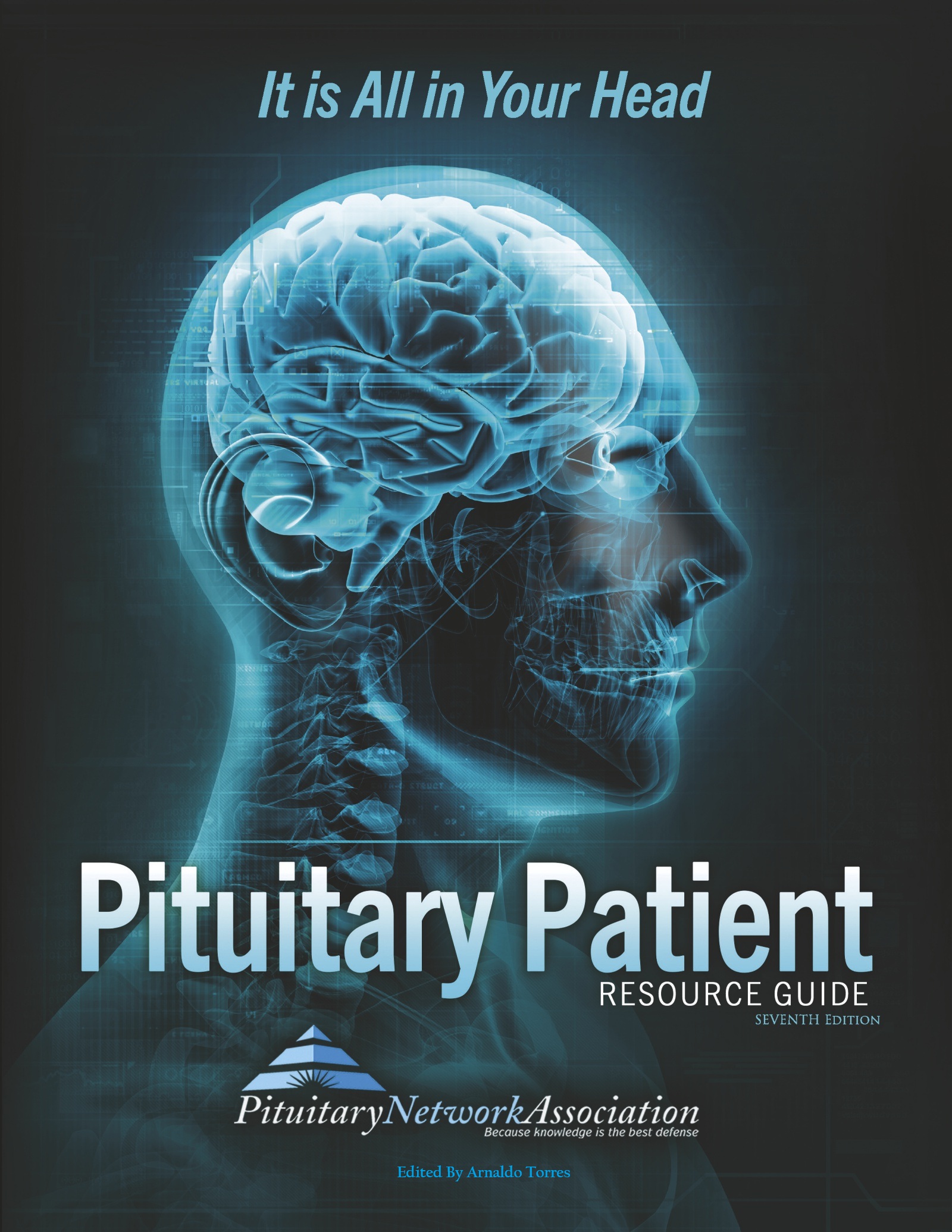CT or CAT Scan (Computerized Axial Tomography)
An x-ray device linked to a computer that produces an image of a predetermined cross-section of the brain. A special dye material may be injected into the patient's vein prior to the scan to help make any abnormal tissue more evident. Computed tomography, also known...
Symptoms of a Pituitary Disorder
Symptoms of a Pituitary Disorder Do you or a loved one suffer from undiagnosed symptoms? Do you go from doctor to doctor trying to find out why you feel so bad only to be told that there is nothing wrong with you, it's all in your head? It may be all in your head,...
Finding the Right Doctor
As of now, few criteria exist for evaluation of physicians and their experiences with pituitary issues in general and tumors inparticular. The PNA, with the help of doctors and patients experienced with pituitary diseases and tumors, has compiled this list of simple,...
Pituitary/Hormonal Difficulties: Signs and Symptoms and What to Ask Your Physician
Symptoms Often individual symptoms get treated in today's world, not underlying causes. If many of the following are present and are significant to you, talk with your doctor or find a doctor who is qualified to pursue further evaluation. Qualified physicians can be...
Okay..Now Where Do I Start?
By Robert Knutzen, MBA And Annie Hamilton Pituitary Network Association Many of you are newbies to pituitary/hormonal disease and find yourselves in the same boat most us were rowing just a short time ago. We have attempted to shortcut the search for answers on most...
More Articles
How Patients Can Help Prevent Misdiagnosis
By Tammy Mazzella, PNA Recently a tweet caught my eye, and it reminded me about how important the right diagnosis really is. The tweet included a link to an article about misdiagnosis and how it is much more common than you think. Research shows that one in five...
Pituitary Disease and Disability
The PNA has received an article that gives tips for pituitary patients on applying for disability benefits from the Social Security Administration. This article was submitted by an advertising firm for attorneys who specialize in helping people apply for disability....
Ask the Expert
The PNA recently asked for feedback on questions you'd like to have answered. Below are some questions from one of our readers, each followed by an answer from Dr. Manish Aghi, an eminent neurosurgeon at UCSF and a member of the PNA. Question #1 I had a large...
General Information for Pituitary Tumors
This article is reprinted from The Neurosurgical Atlas courtesy of Dr. Aaron Cohen-Gadol a physician member of the Pituitary Network Association. The original article and Dr. Cohen-Gadol's webinar You Have Been Diagnosed with a Pituitary Tumor, What Next? can be...

Xeris Pharmaceuticals is valued member of the PNA










